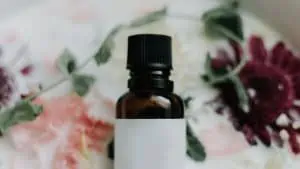Herbal Teas for the Holidays
Herbal Teas are a wonderful and healthy way to enjoy a healthy and healing drink. Herbal tea can be formulated for many reasons including the
FREE SHIPPING ON ORDERS OF $100 OR MORE
Essential oils are highly concentrated liquids that can be harmful if not used carefully. Implementing aromatherapy into your lifestyle shouldn’t cause paranoia or undue worry, but it is important to learn about and heed essential oil safety. By treating essential oils with respect and following the steps outlined below, you will be well on your way to safely enjoying the many benefits that aromatherapy can offer.
These safety guidelines are not a complete safety reference for the proper use of essential oils. When in doubt, consult your physician and/or a qualified and trained aromatherapy practitioner.
“One of my mentors reminds me ‘sensitization is forever.’ And I know she is right. Years ago I read the books saying that lavender oil could be used neat (undiluted). I very unwisely used undiluted lavender on broken skin, and consequently set up a sensitivity reaction. Today, almost two decades later, if I come in contact with lavender in any form, I will immediately start a new round of contact dermatitis that can take months to heal.” [Marge Clark, Essential Oils and Aromatics (Sandy, UT: Silverleaf Press, 2008), 32.]
Taken from Aroma Web
Herbal Teas are a wonderful and healthy way to enjoy a healthy and healing drink. Herbal tea can be formulated for many reasons including the

M.D: Most essential oils have anti-inflammatory and antibacterial properties. Before you start using any essential oil, consult with your doctor if you have any questions.

M.D: 100% pure essential oil are compounds extracted from plants only. They capture the plant’s flavor and scent – the essence. Whether you have essential

Bronchitis is an acute respiratory disease caused by viruses. It usually clears up within 2 weeks without any medication. It gets better on its own